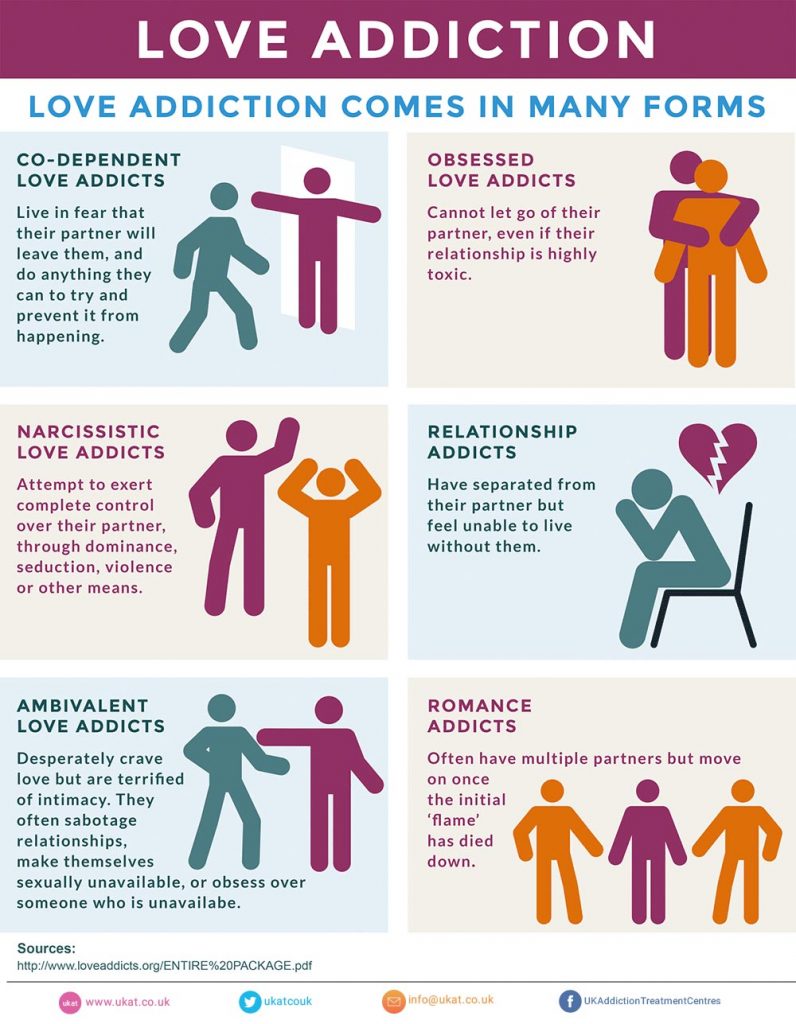

Being easily triggered into mistrust of the cheating partner common triggers included the cheater coming home five minutes late, turning off the computer too quickly, looking “too long” at an attractive person, etc.Anxiety, depression, loss of self-esteem, and other mood-related symptoms.Hypervigilant behaviors (detective work), such as checking phone and credit card bills, wallets, computers, phone apps, texts, and the like for evidence of continued infidelity.Emotional instability, including frequent mood shifts, over-the-top emotional reactions, tearfulness, rage, etc., sometimes followed by feelings of intense love and a desire to “make it work.”.Typically, this manifested in one or more of the following ways: For instance, one study of women married to sexually addicted men found that, upon learning of their husband’s serial infidelity, many of these women experienced acute stress and anxiety symptoms characteristic of Posttraumatic Stress Disorder (PTSD). Other research has reached similar conclusions. Unsurprisingly, almost every person in our survey said their addicted partner’s behavior impacted them in numerous negative ways – loss of self-esteem, stress, anxiety, depression, inability to trust, reduced ability to enjoy sex and romance, etc. Charles Samenow, and I conducted a study of betrayed partners of sex addicts to learn more about the ways in which sexual addiction damages not only their relationships but their emotions.


 0 kommentar(er)
0 kommentar(er)
